How to stop your dog digging up the garden
A dog’s enthusiasm for digging in the garden is not just hazardous for those prized petunias, but can be dangerous for our canine companions, too. Expert dog trainer Ben Randall explains how to stop your dog digging up the garden and destroying your lawn or flower beds.
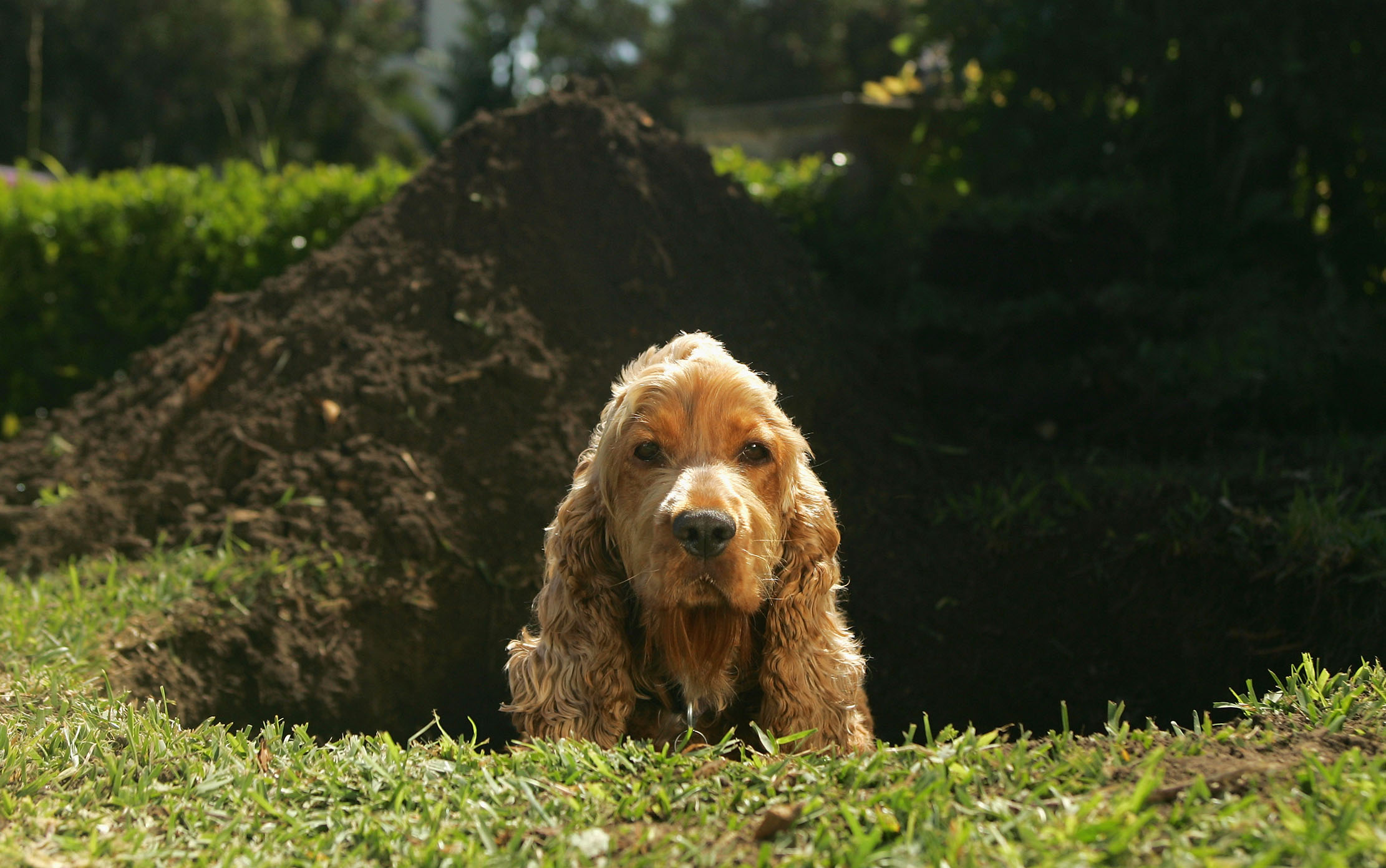

There’s much joy to be found in a garden, where the time-consuming tasks of mowing, weeding, planting and pruning are rewarded by beautiful blooms and neat lawns. However, all that hard work can be swiftly undone by a determined dog on a mission to dig — a heartbreaking problem repeatedly experienced by H.J. from Oxford.
‘I can’t stop my dog from digging up the flower beds,’ writes H.J. ‘I love gardening and take great pride in mine, so it’s disheartening to step outside and witness her destruction. What can I do to prevent her from excavating my lawn and borders?’
Why can it be so hard to stop a dog digging? Simple: digging is an activity that dogs naturally like to do — they enjoy scraping away at the ground and using that spectacular nose of theirs to find exciting new things.
I once had a client who decided to smarten up his kennel by painting the floor, only to find that his dog — who had never dug up anything before — had scratched a big 6in x12in patch out of the sleek new surface. It’s hard to know why the dog did this, but it might have been the texture or the new smell — whatever the reason, the dog was curious, so decided to investigate by digging.
As H.J. has discovered, this sort of scenario is also common in the garden, where dogs are prone to digging up flower beds, tunnelling into the lawn and pulling plants out of pots. If a dog is left to their own devices outside, they can soon start scratching or eating the soil, rooting around in flower baskets and running about with pansies hanging out of their mouths. And that behaviour can even be dangerous: dogs can become very sick from eating too much compost, slug pellets, fertiliser or stones, which can create a blockage in their intestines, while at this time of year there are a lot of plants, bulbs and flowers that are poisonous to dogs, from daffodils, lilies and tulips to azaleas, ivy, chrysanthemums and hyacinth bulbs, which can cause drooling, vomiting and diarrhoea, depending on the amount eaten. It’s best to be very careful, and training your dog with the leave command can potentially be a lifesaver.
I’ve been perfecting my BG (Beggarbush) foundation methods for nearly 20 years — you can learn more via @beggarbush on Instagram and my dog-training app (this link will let you get a free trial) or ask me your own question by emailing paws-for-thought@futurenet.com — and know the importance of managing this type of behaviour correctly, teaching the dog it’s unacceptable to dig by catching them in the act and making their outdoor routine a positive, engaging experience.
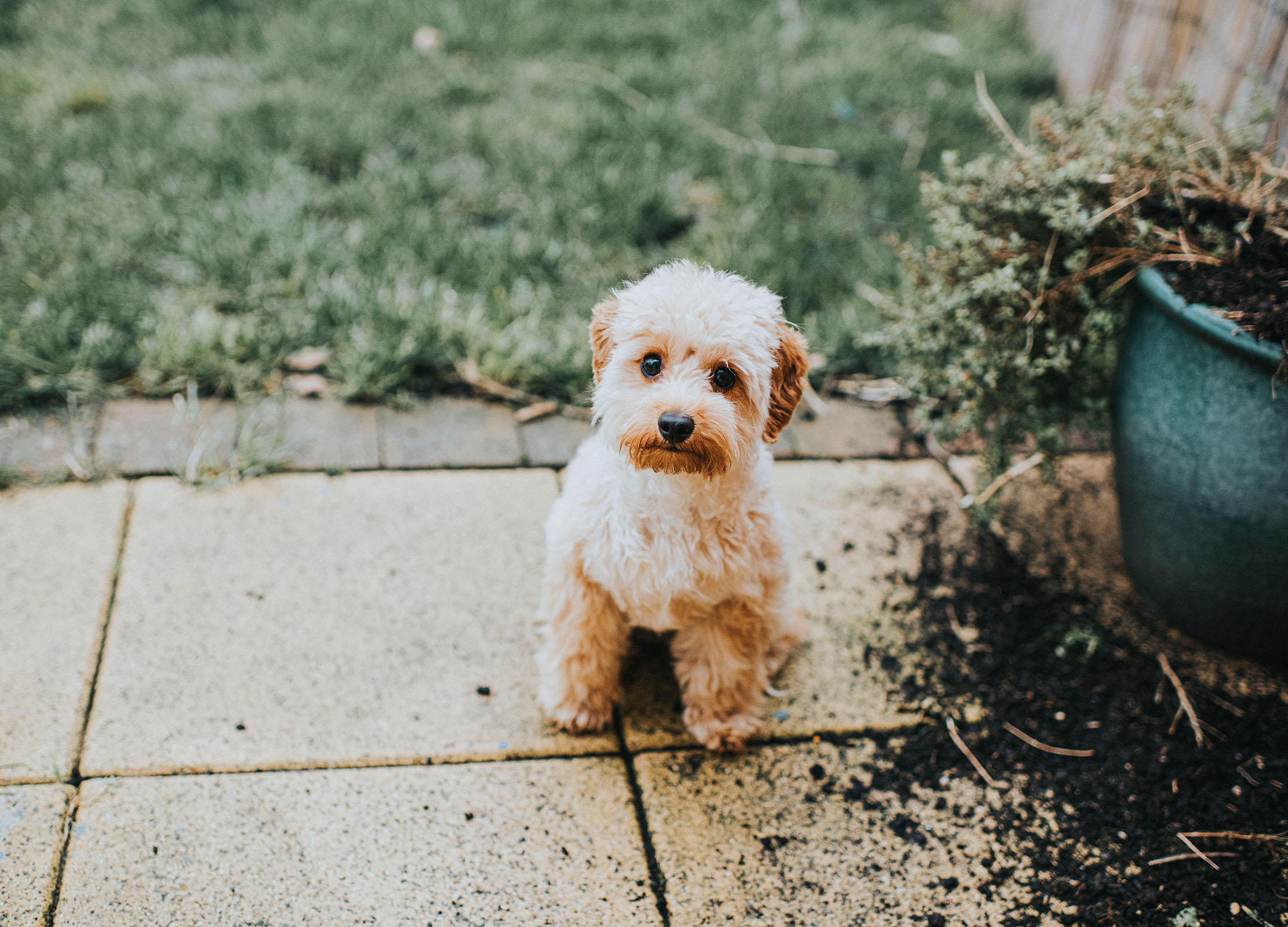
Five steps to stop a dog digging up your garden
1. Supervise their outdoor activity — and catch them red-pawed
If your dog is allowed out into the garden unsupervised and you later discover that he or she has done something they shouldn’t have done, it’s useless to reprimand your dog then, without catching him or her in the act. It’s much better to try to manage the problem from the start — just as it is with things like keeping a dog off the sofa — so I would recommend that you don’t allow your dog out into the garden without you keeping a watchful eye on them.
2. Make the routine a positive experience
Once your dog has toileted outside, play a game, throw a retrieve or give a ‘seek’ command before asking your dog to go back inside. After a few weeks of doing this repeatedly, the dog will start to understand that he or she only goes out into the garden to go to the loo and then play a game with you — so it eventually becomes a new routine. By doing this, you keep your dog engaged and decrease the opportunity for him or her to get bored and start looking for trouble.
Sign up for the Country Life Newsletter
Exquisite houses, the beauty of Nature, and how to get the most from your life, straight to your inbox.
3. What if I catch my dog in the act of digging?
By this stage, I hope your dog knows the ‘leave’ command — if not, this article on how to stop a dog stealing food (or anything else) will help hugely. If your dog is 10 yards away from you with his or her head in a flower pot, quickly walk into their space and surprise them with a firm verbal ‘leave’ command, before calmly and quietly removing them from the area.
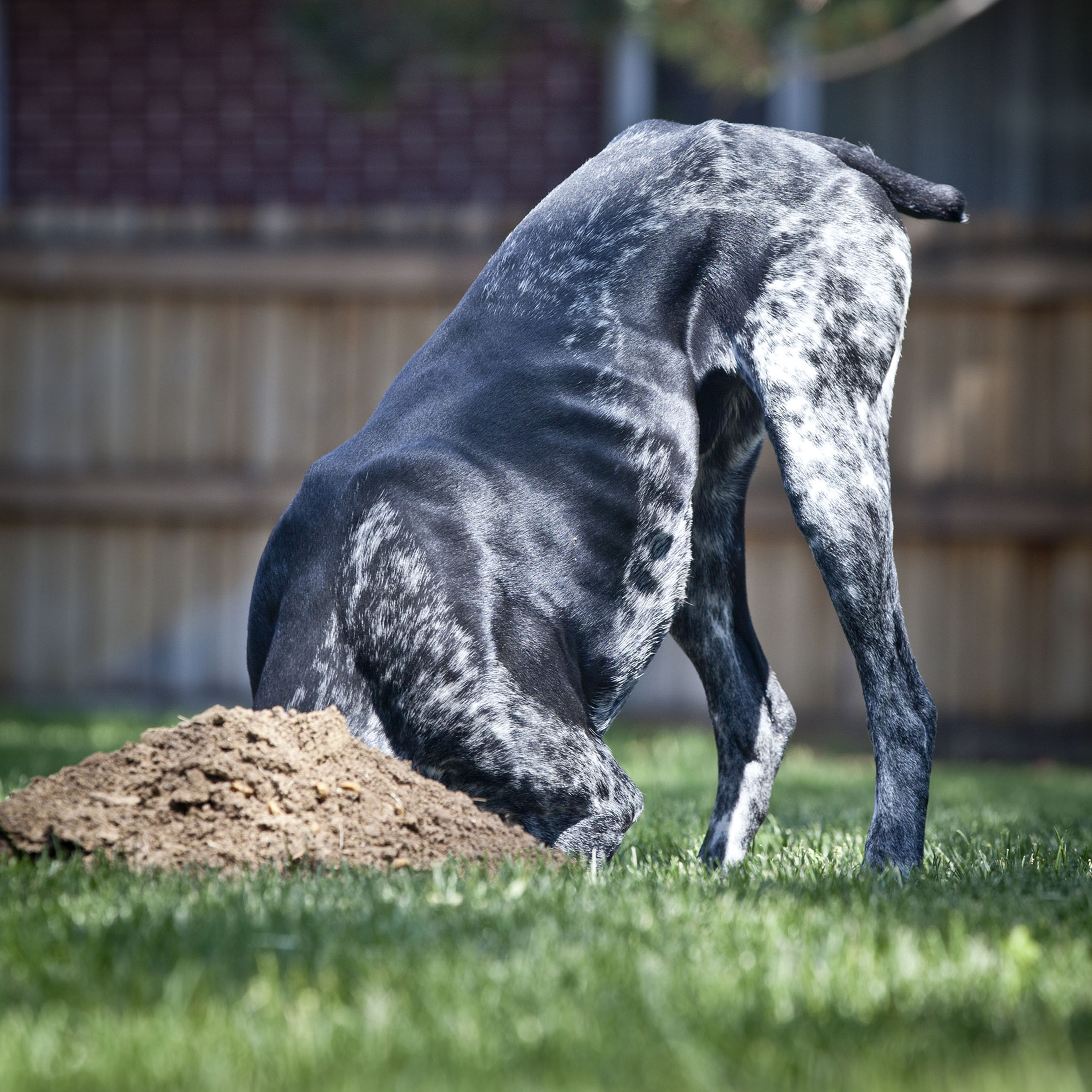
4. Give your dog the chance to be a repeat offender
After leading your dog away from where they were digging, give your dog the opportunity to repeat the crime a couple of minutes later by staying silent to see if he or she does it again. You must be brave enough to give your dog the chance to do something wrong, so that you can kindly — and positively — correct that behaviour.
5. Make it a positive experience
As with all my BG foundation training methods, teaching the ‘leave’ command is really important and will help to keep your dog safe in all sorts of situations. However, it’s vital that you teach any instruction in a clear and positive manner. Offer the dog a reward of kibble or praise once they have responded, but try not to reward too quickly — or we may turn the naughty behaviour into “'if I’m naughty I get a reward'.
For more detailed advice about Ben Randall’s positive, reward-based and proven BG training methods, one-to-one training sessions, residential training or five-star dog-boarding at his BGHQ in Herefordshire, telephone 01531 670960 or visit www.ledburylodgekennels.co.uk For a free seven-day trial of the Gundog app, which costs £24.99 a month or £249.99 a year, visit www.gundog.app/trial
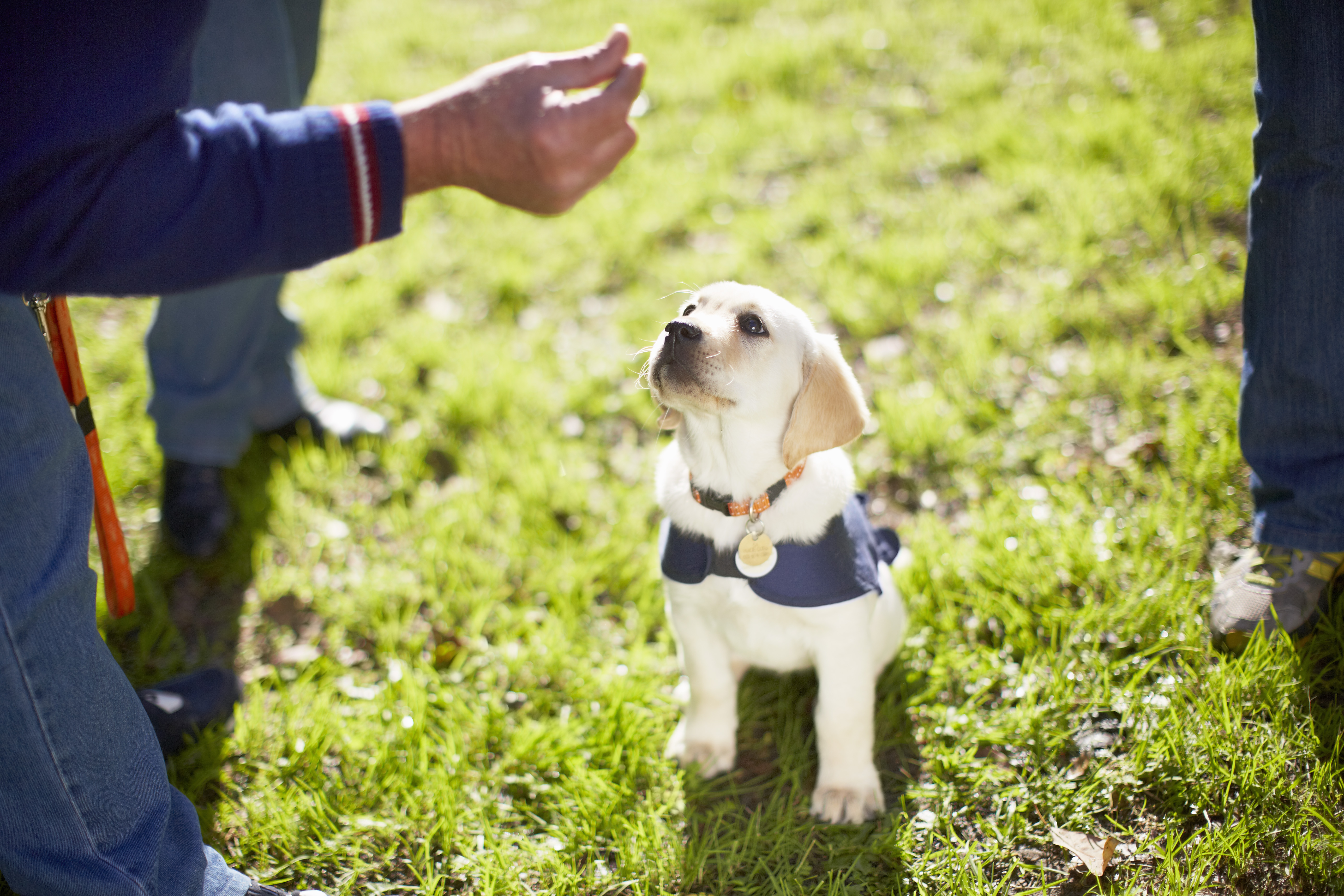
Credit: Getty Images/Westend61
How to teach a dog to sit: Five tips from leading dog trainer Ben Randall
Teaching your dog to sit is one of the most important things you can do — and it will help with
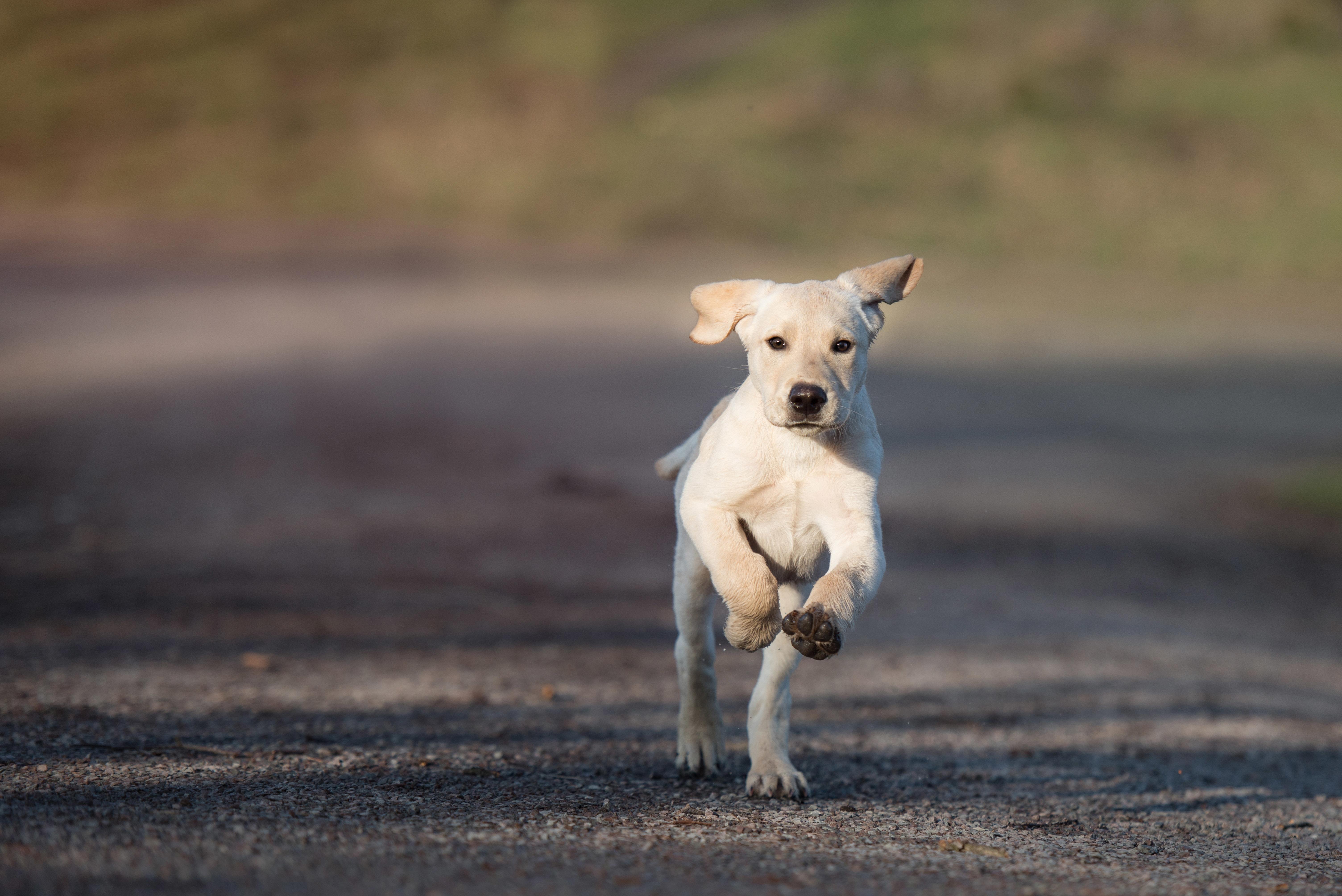
Credit: Alamy Stock Photo
How to stop a dog chasing cars: Six tips from top dog-trainer Ben Randall
Watching your dog run after traffic can be heart-stoppingly scary — but it's also a difficult habit to break. Ben Randall,
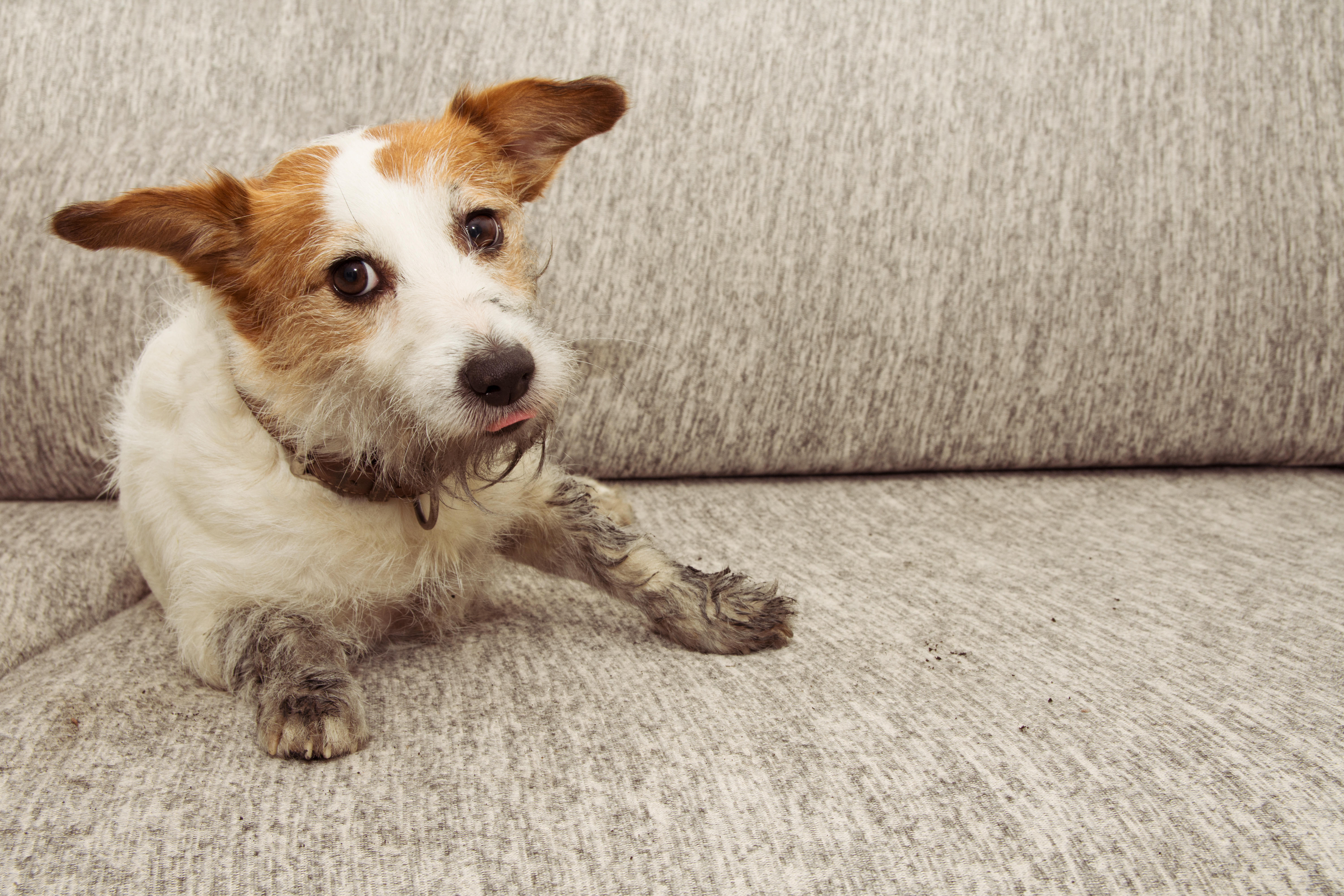
Credit: Alamy
How to keep a dog off the sofa, by top trainer Ben Randall
Fed up with Fido leaping onto the furniture — whether it's your sofa, armchair, or your bed — whenever he
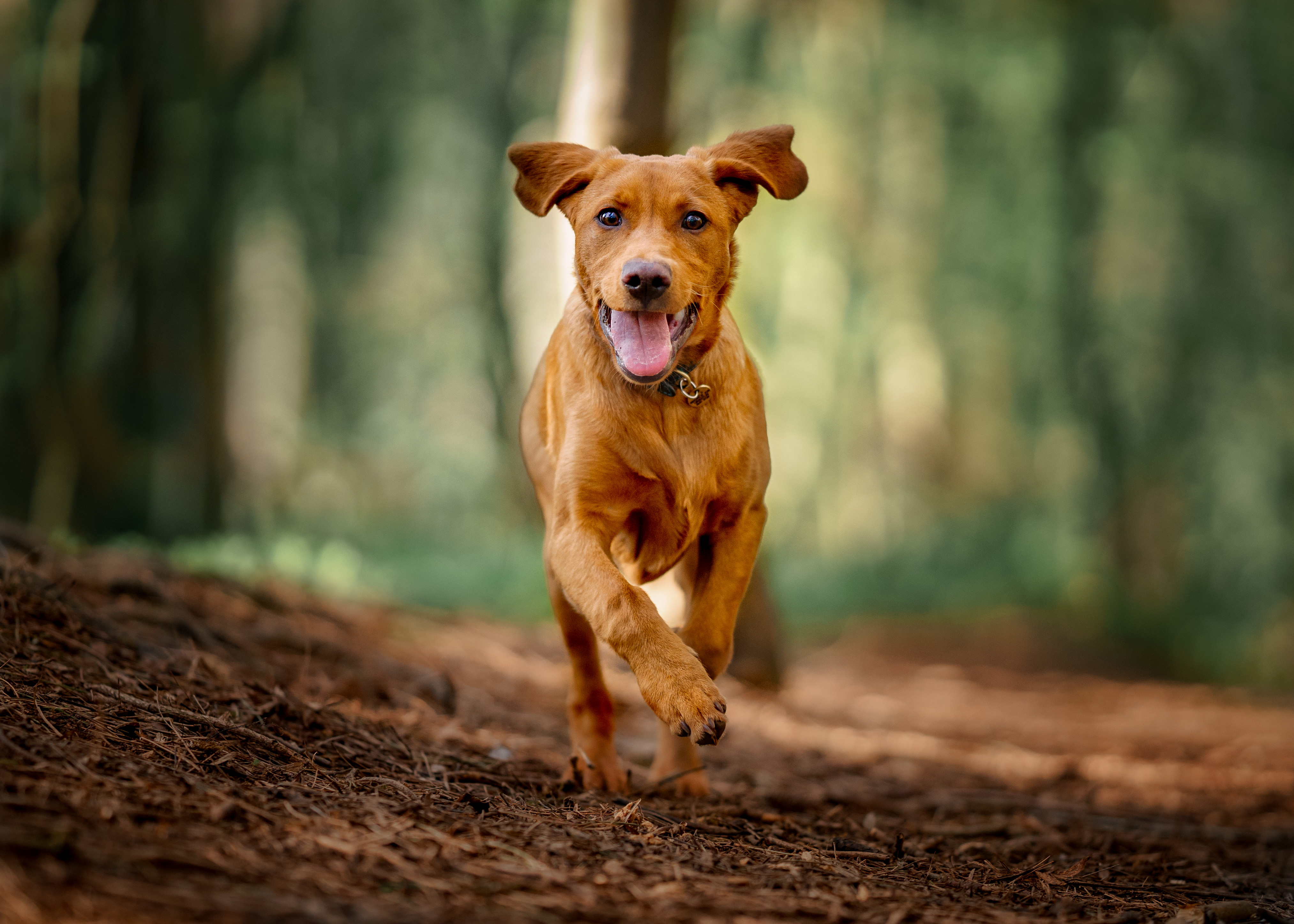
Credit: Getty Images
Dog recall training: Six tips from champion dog trainer Ben Randall
Training your dog is not easy — and with the huge recent rise in dog ownership, it's never been a better
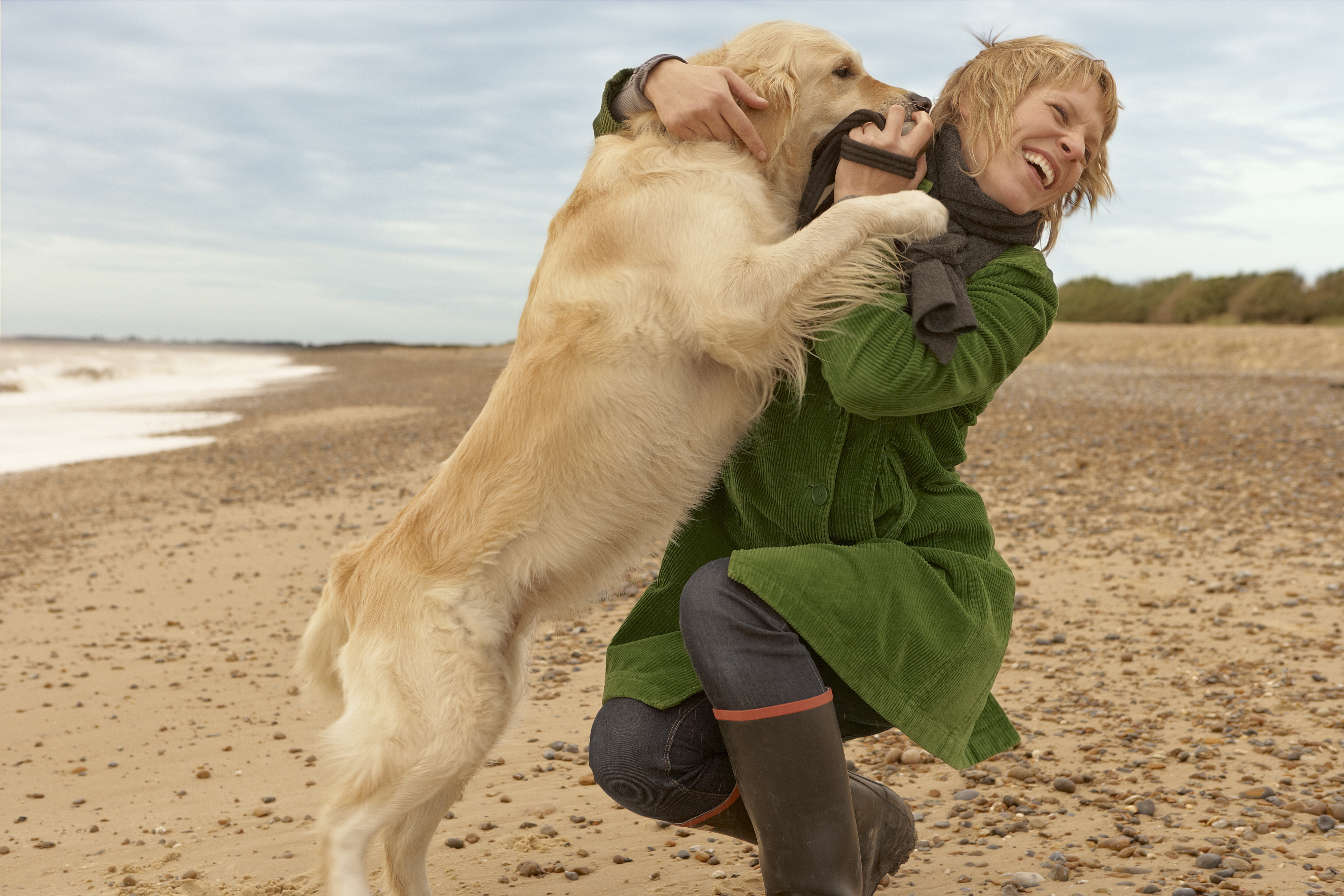
How to stop your dog jumping up, by expert trainer Ben Randall
It’s easy to dismiss our dogs’ love of jumping up on us — and other people — as friendly boisterousness,
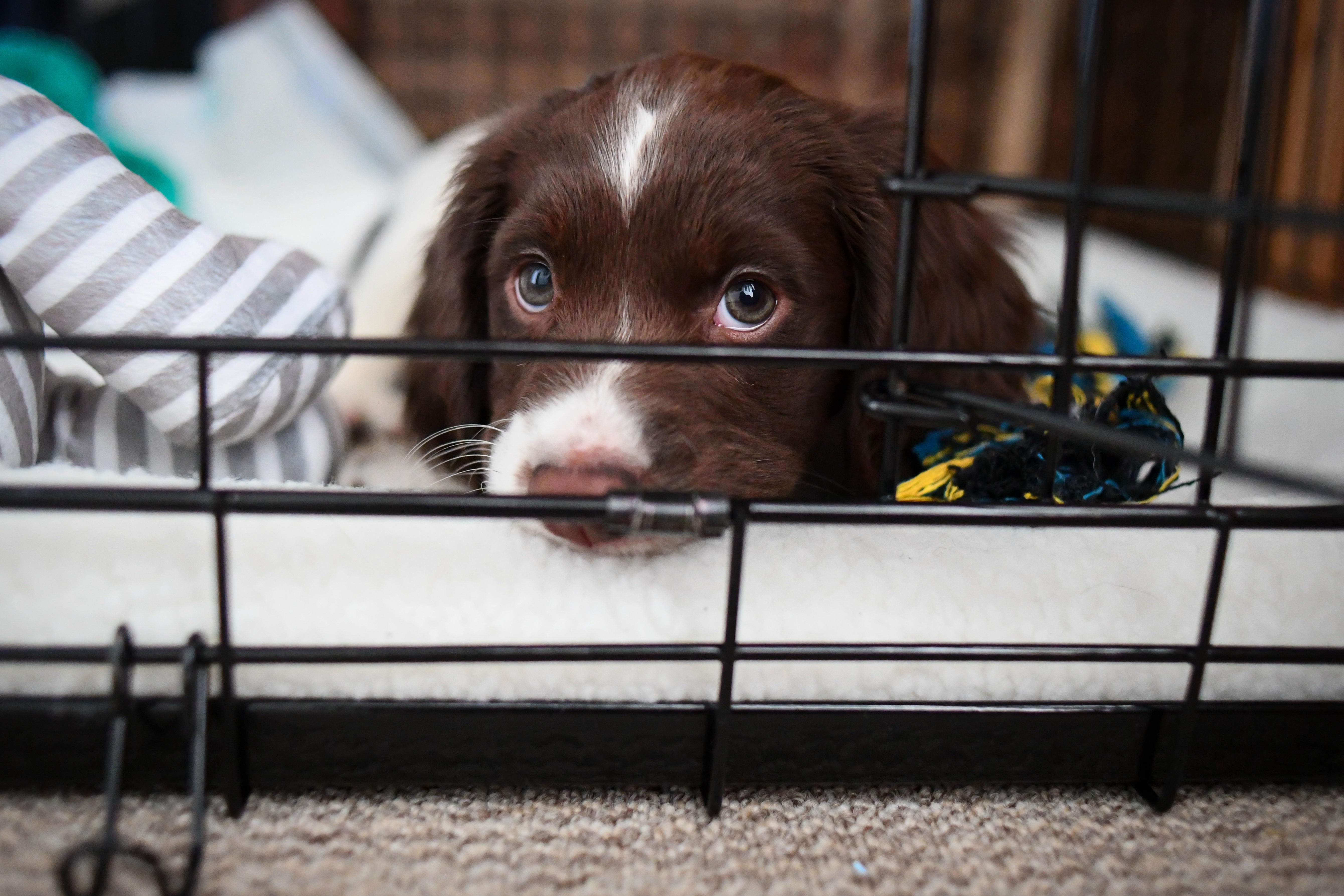
Crate training a puppy: Six tips from expert dog trainer Ben Randall
Puppy crate training can be tricky, yet it can pay dividends in all sorts of ways — even making puppy toilet
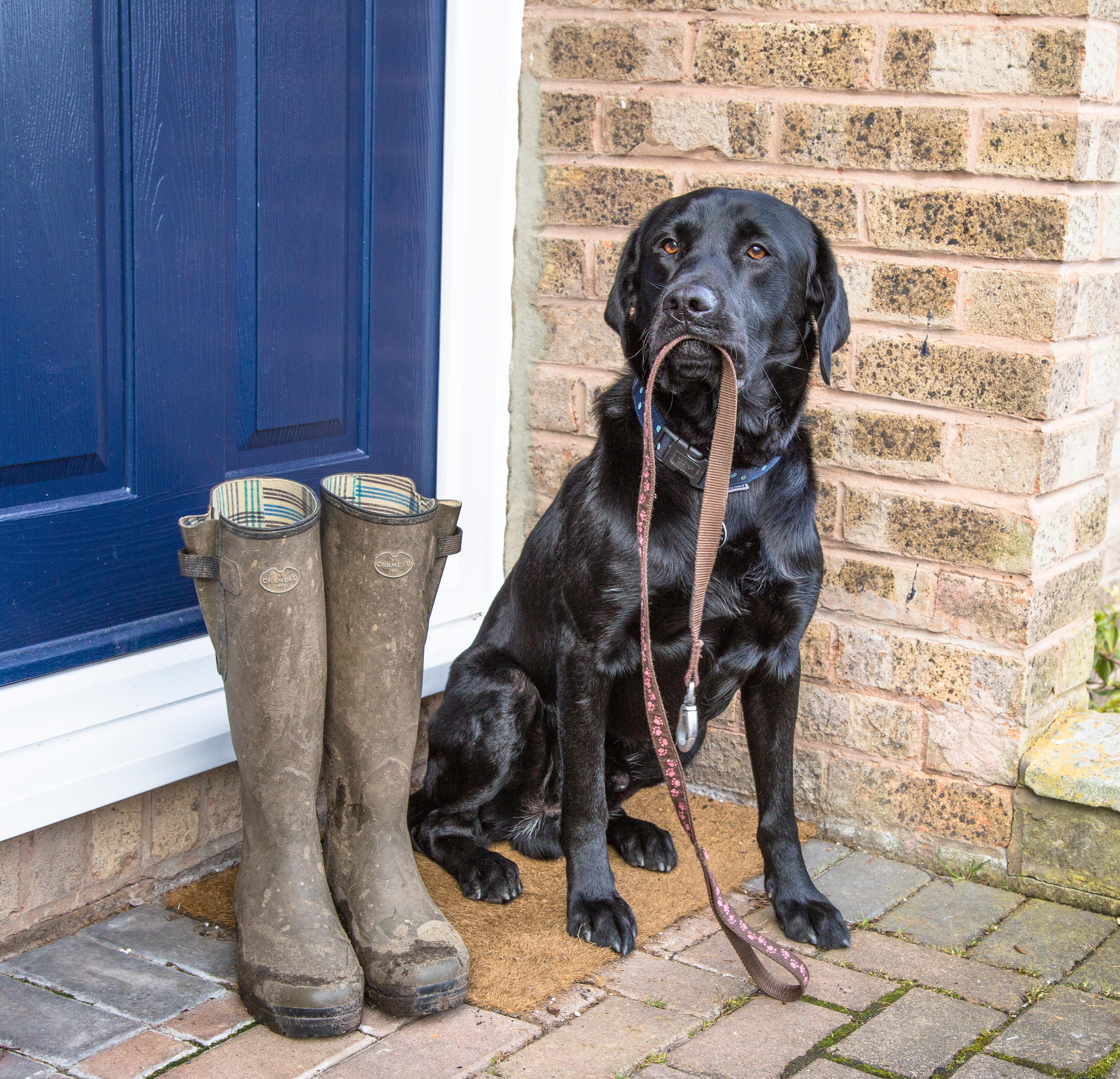
Credit: Ros Crosland / Alamy
Dog lead training: How to introduce the lead to your four-legged friend, by champion dog trainer Ben Randall
Introducing the lead to your dog can be tricky, but with a consistent routine you'll build positive associations that will
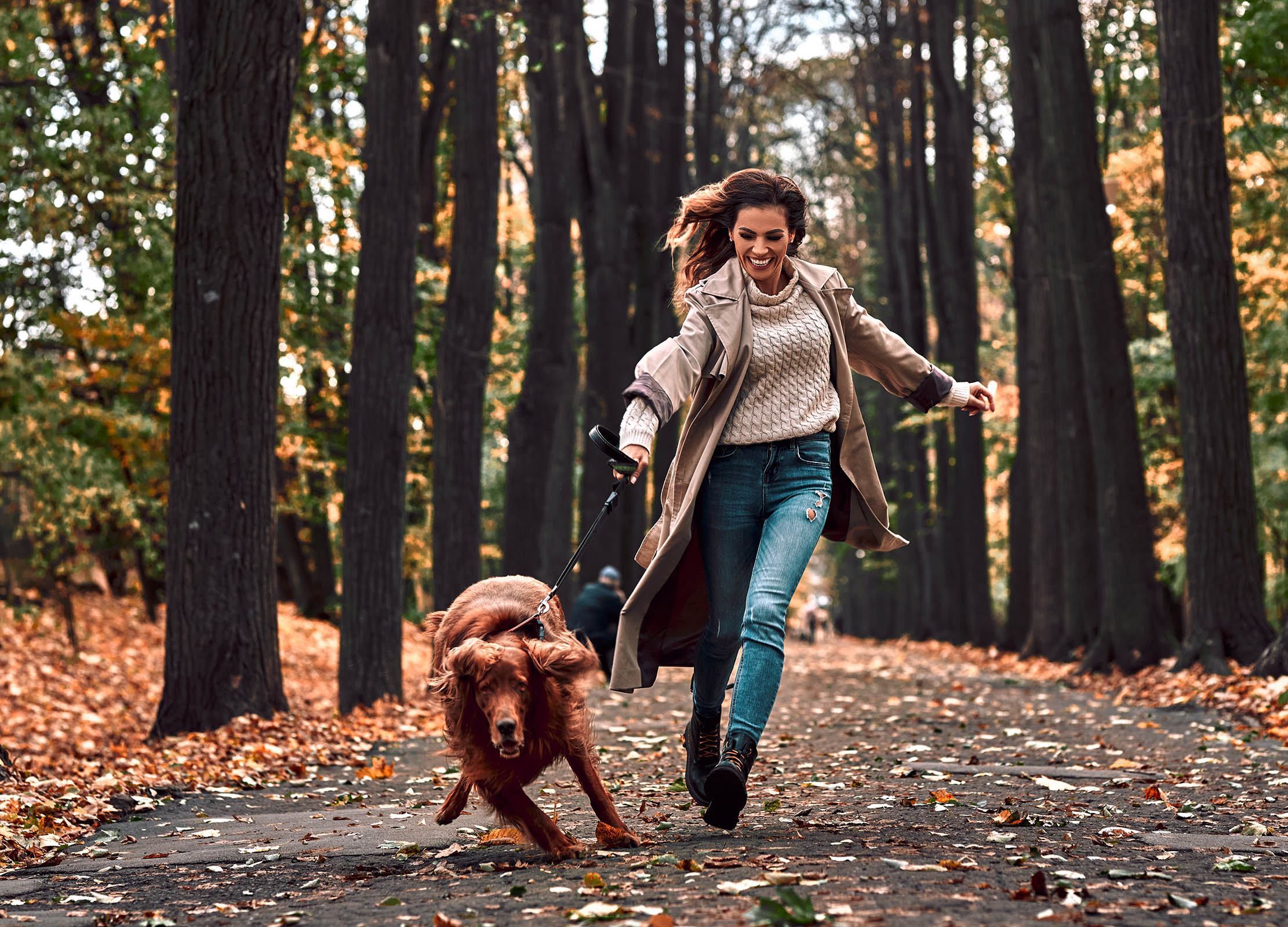
Credit: Getty Images
How to get your dog to walk to heel
Teaching your dog to stop pulling on the lead takes work, but it’s an important step in training that will
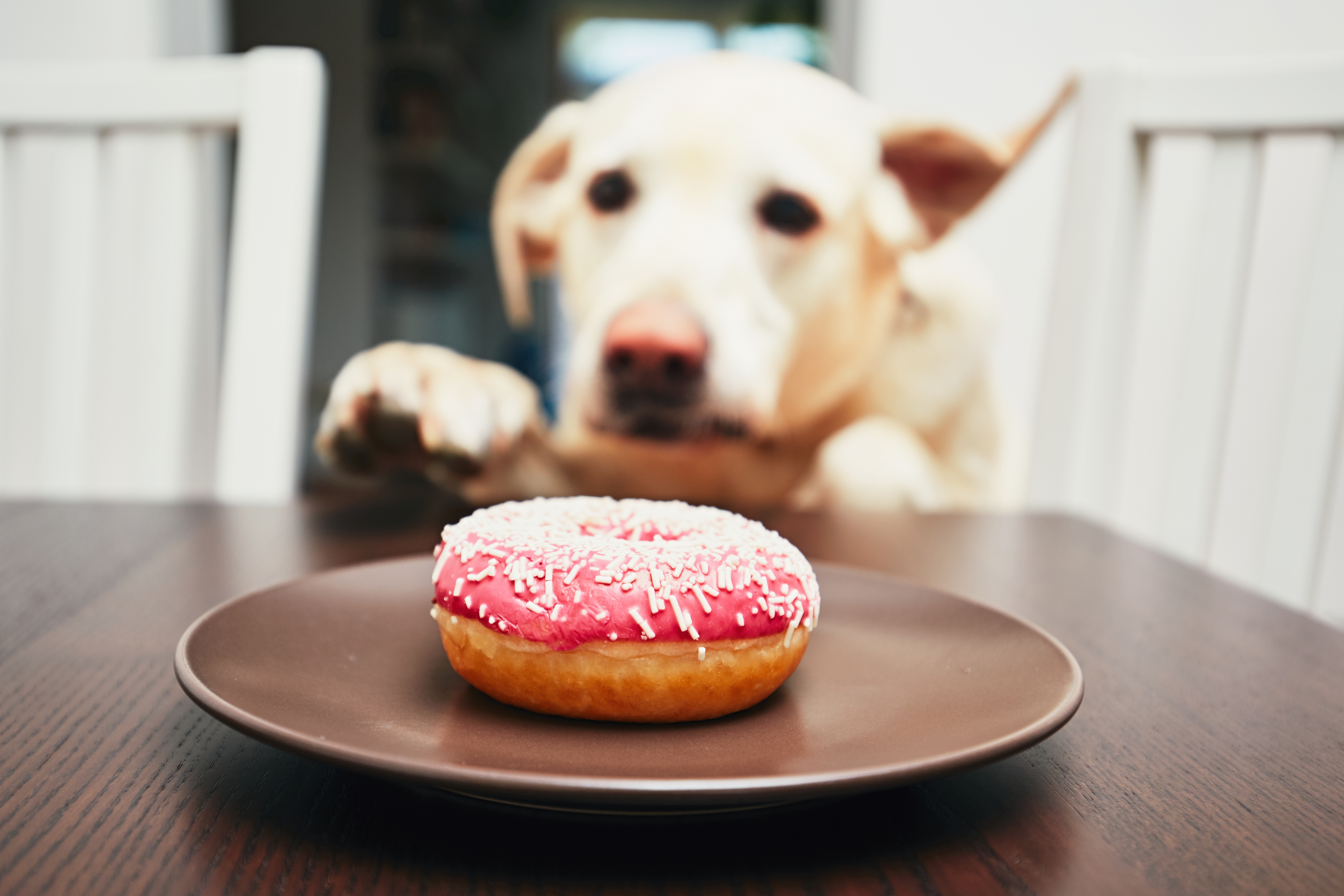
How to train your dog to leave things on command, by expert dog trainer Ben Randall
Teaching a dog to stop stealing food, clothes, TV remotes or anything else that they like to pinch can feel
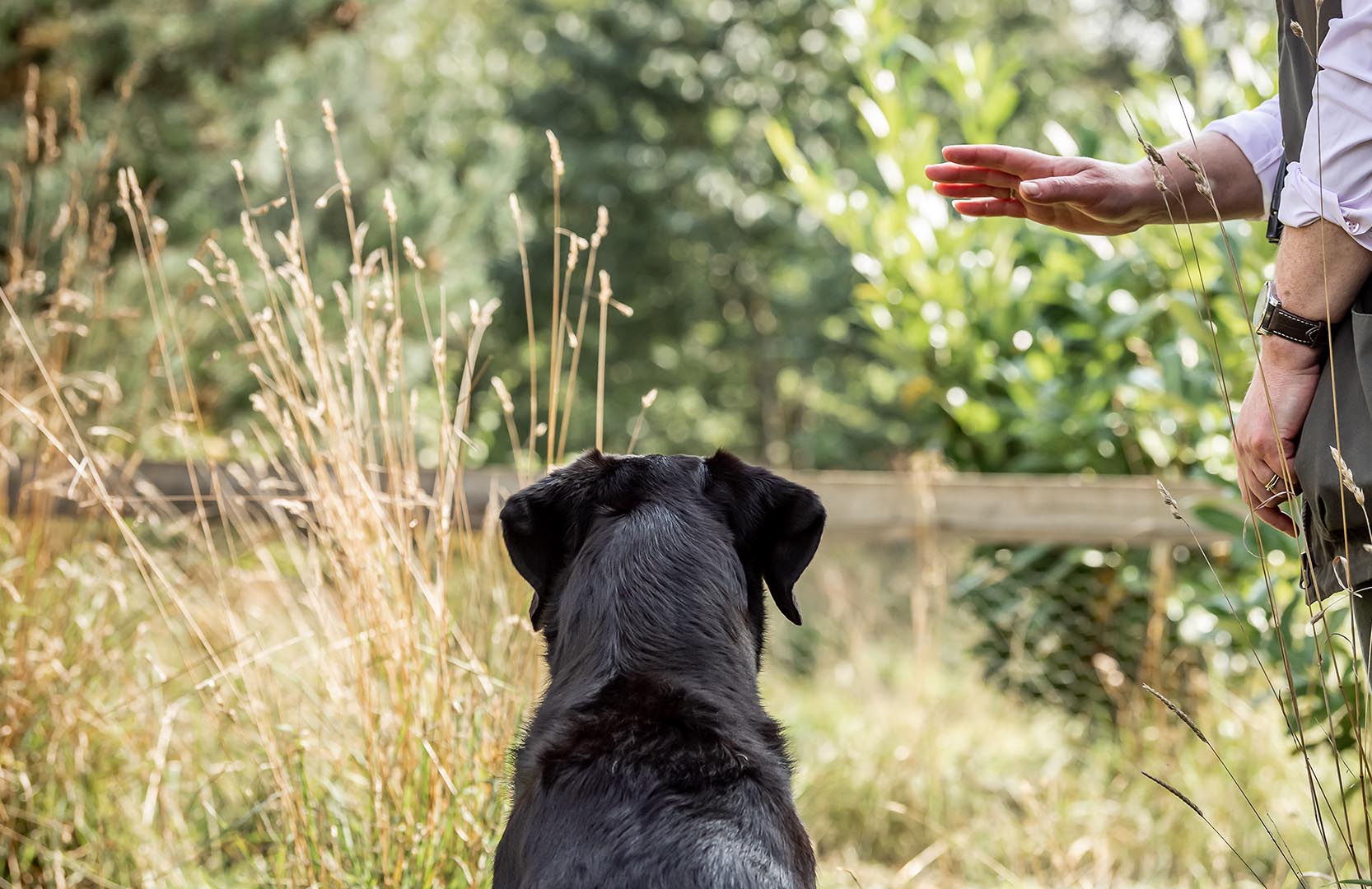
The champion dog trainer with a game-changing method who can teach any dog new tricks
Award-winning dog trainer Ben Randall — who looks after the dogs for everyone from David Beckham to Gordon Ramsay — happened
-
 Minette Batters: 'It would be wrong to turn my back on the farming sector in its hour of need'
Minette Batters: 'It would be wrong to turn my back on the farming sector in its hour of need'Minette Batters explains why she's taken a job at Defra, and bemoans the closure of the Sustainable Farming Incentive.
By Minette Batters Published
-
 'This wild stretch of Chilean wasteland gives you what other National Parks cannot — a confounding sense of loneliness': One writer's odyssey to the end of the world
'This wild stretch of Chilean wasteland gives you what other National Parks cannot — a confounding sense of loneliness': One writer's odyssey to the end of the worldWhere else on Earth can you find more than 752,000 acres of splendid isolation? Words and pictures by Luke Abrahams.
By Luke Abrahams Published